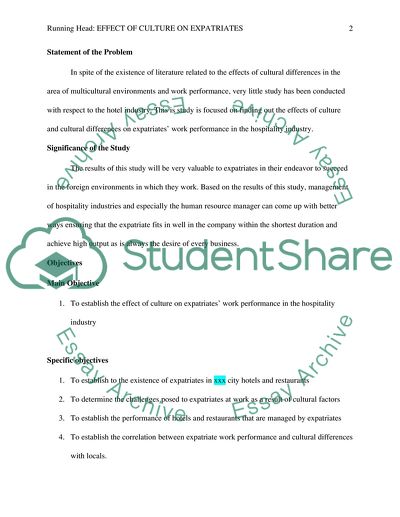Cite this document
(“Effect of Culture on Expatriates Work Performance Research Paper”, n.d.)
Effect of Culture on Expatriates Work Performance Research Paper. Retrieved from https://studentshare.org/culture/1749690-what-ever-is-suitable-see-instructions
Effect of Culture on Expatriates Work Performance Research Paper. Retrieved from https://studentshare.org/culture/1749690-what-ever-is-suitable-see-instructions
(Effect of Culture on Expatriates Work Performance Research Paper)
Effect of Culture on Expatriates Work Performance Research Paper. https://studentshare.org/culture/1749690-what-ever-is-suitable-see-instructions.
Effect of Culture on Expatriates Work Performance Research Paper. https://studentshare.org/culture/1749690-what-ever-is-suitable-see-instructions.
“Effect of Culture on Expatriates Work Performance Research Paper”, n.d. https://studentshare.org/culture/1749690-what-ever-is-suitable-see-instructions.


